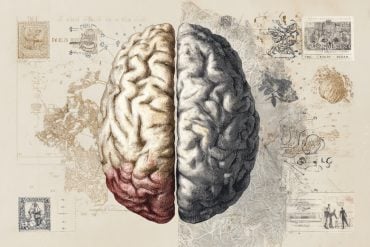Summary: here may be perks to hitting the snooze button.
Among 1,732 adults, 69% reported snoozing, with an average snooze time of 22 minutes. Younger participants and evening types were more prone to snoozing.
A smaller study found that 30 minutes of snoozing could enhance or not affect cognitive performance upon waking.
Key Facts:
- 69% of participants in the larger study used the snooze function or set multiple alarms, with an average snooze duration of 22 minutes.
- Habitual snoozers who took a 30-minute snooze showed potential benefits in cognitive performance compared to those who woke up suddenly.
- Snoozing might assist people experiencing morning drowsiness, helping them feel more awake upon rising.
Source: Wiley
Snoozing, or using intermittent alarms to get in a few more minutes of sleep in the morning, may have benefits for some people, according to research published in the Journal of Sleep Research.
In a study of 1,732 adults who described their waking habits, 69% of participants reported using the snooze function or setting multiple alarms at least “sometimes.” In those who snoozed, the average time spent snoozing per morning was 22 minutes, ranging from 1 to 180 minutes.
Snoozers tended to be younger than non-snoozers and were more likely to be evening types. Morning drowsiness and shorter sleep were also more common in those who snoozed.
In a second study of 31 habitual snoozers, 30 minutes of snoozing improved or did not affect performance on cognitive tests directly upon rising compared with waking up abruptly.
Snoozing resulted in about 6 minutes of lost sleep, but it prevented awakening from slow-wave sleep. There were no clear effects of snoozing on stress hormone levels, morning sleepiness, mood, or overnight sleep structure.
“The findings indicate that there is no reason to stop snoozing in the morning if you enjoy it, at least not for snooze times around 30 minutes. In fact, it may even help those with morning drowsiness to be slightly more awake once they get up,” said corresponding author Tina Sundelin, PhD, of Stockholm University.
About this sleep research news
Author: Sara Henning-Stout
Source: Wiley
Contact: Sara Henning-Stout – Wiley
Image: The image is credited to Neuroscience News
Original Research: Open access.
“Is snoozing losing? Why intermittent morning alarms are used and how they affect sleep, cognition, cortisol, and mood” by Tina Sundelin et al. Journal of Sleep Research







